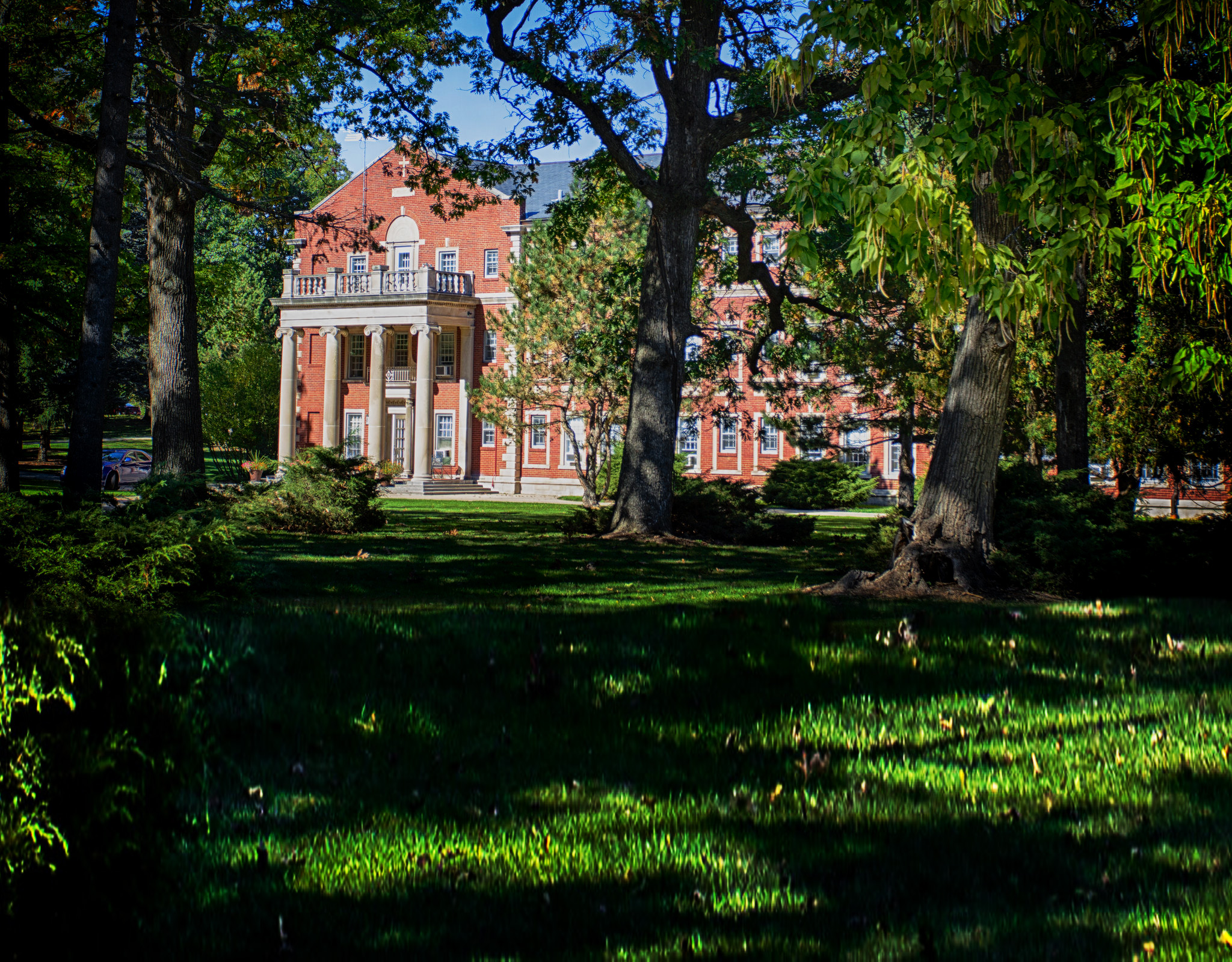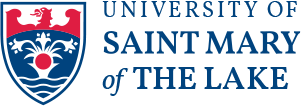
Doctorate in Sacred Theology (S.T.D.)
The doctoral program is a two-year program of specialized research in either Dogmatic Theology or Sacramental/Liturgical Theology. Its purpose is the completion of a student’s scientific formation, especially through the writing of a doctoral dissertation. The program presumes superior achievement at the licentiate level. The Doctorate in Sacred Theology is the terminal research degree and requires previous completion of the Licentiate in Sacred Theology. It aims to perfect the skills of the candidate in the study of theology and to develop the research skills necessary for treating theological questions in depth. The doctorate prepares students to be university professors, researchers and expert resource persons.
The Doctoral program ordinarily extends over two years and aims at the completion of the student’s scientific formation especially through the writing of a doctoral dissertation. The program presumes superior achievement at the licentiate level.
The Doctorate in Sacred Theology is the terminal research degree. Its focus is to perfect the skills of the candidate in the study of theology and to develop the research skills necessary for treating theological questions in depth. As a terminal research degree, the doctorate prepares students to be university professors, researchers and expert resource persons.
Eligibility & Admission Requirements
Currently two candidates are admitted annually.
Applicants must present evidence of possessing a Licentiate in Sacred Theology (STL) and show competence in the languages and other research tools needed for their research.
Applicants with an STL degree from another faculty will have their work evaluated to assure that their preparation is substantially equivalent to the University of Saint Mary of the Lake STL degree. In addition to the requirements connected with the dissertation, there may be further requirements (e.g., course work, examination) according to the decision of the dean in consultation with the graduate board (Statuta, Art. 57 b).
Program Details
Pontifical Faculty of Theology
For more information
Fr. Brendan Lupton
Phone: (847) 970-4891
Email: blupton@usml.edu
For any admission questions
Sr. Caroline Onuoha
Director of Registration and Records
Phone: (847) 970-4981
Fax: (847) 932-3305
Email: conuoha@usml.edu
